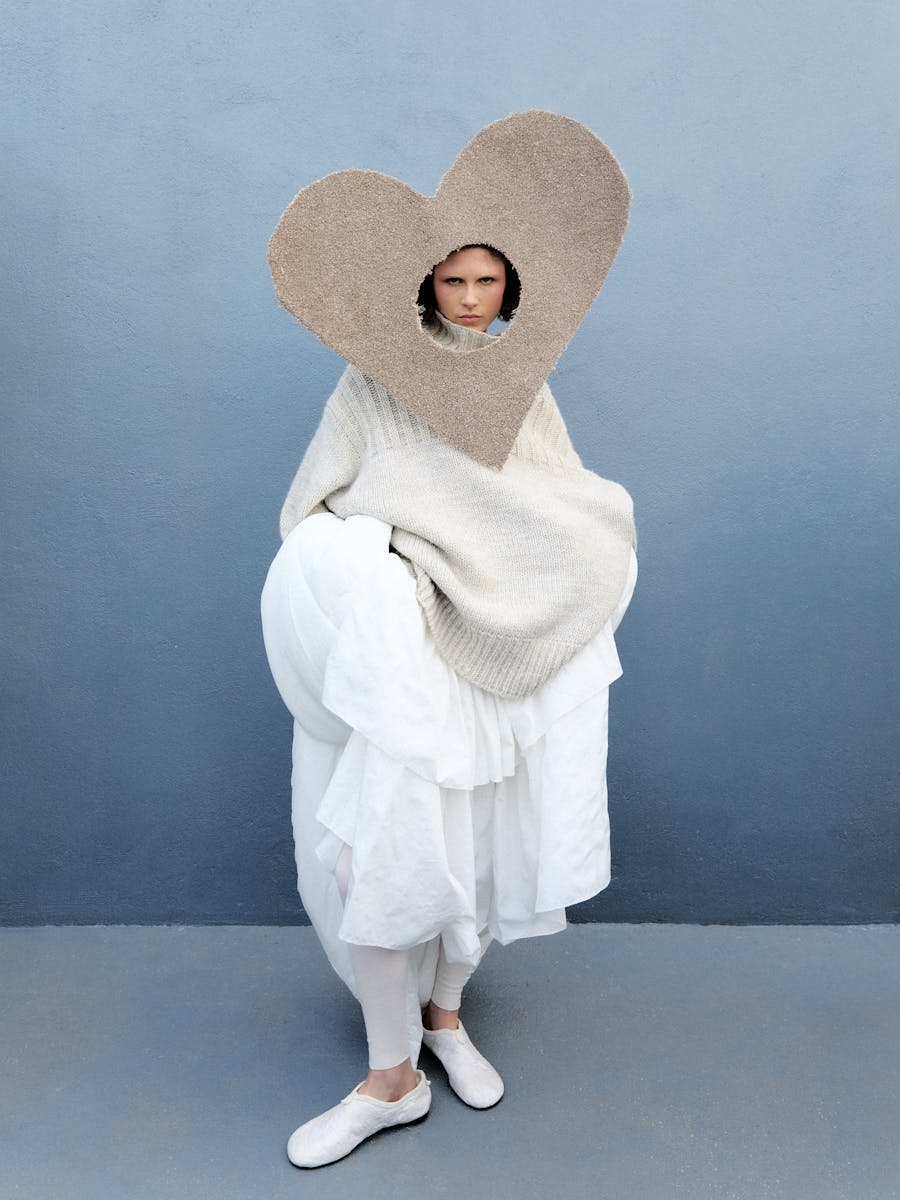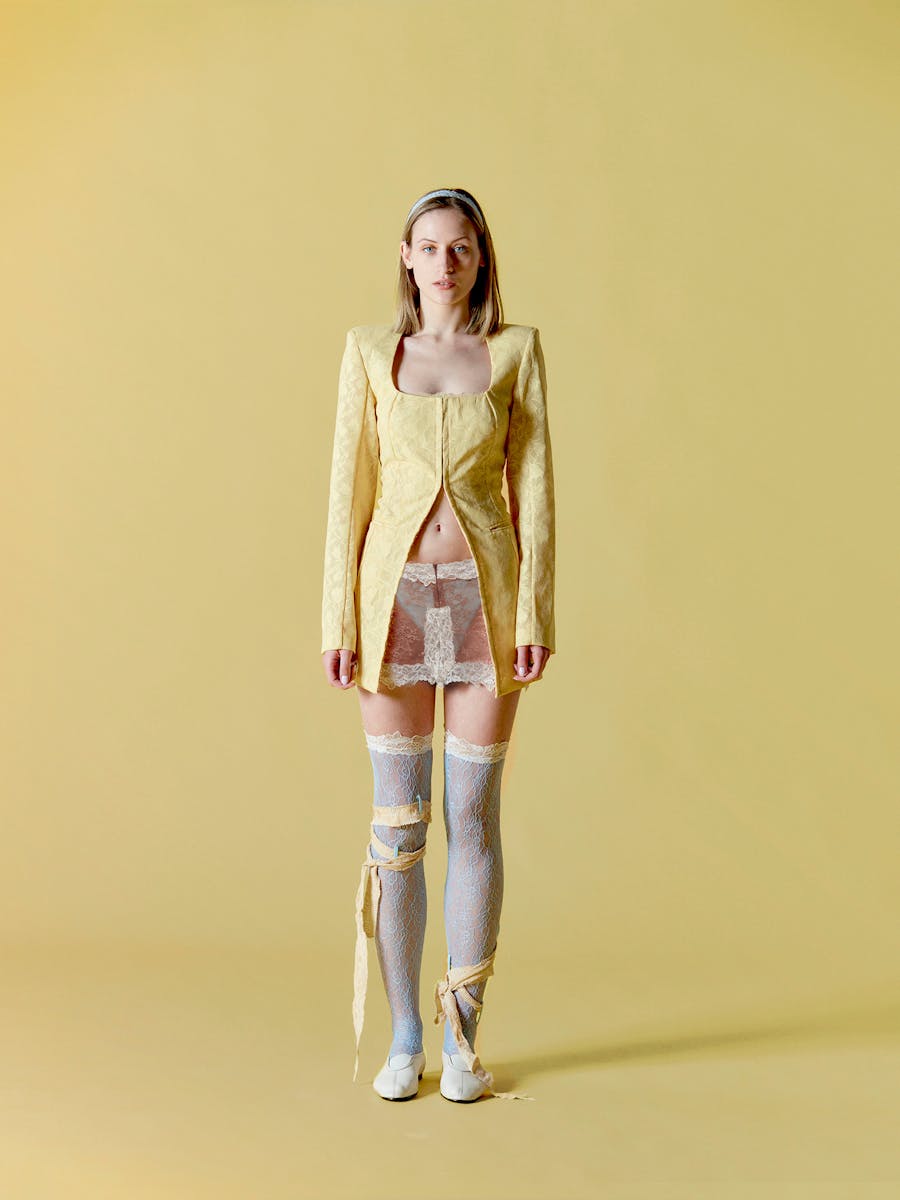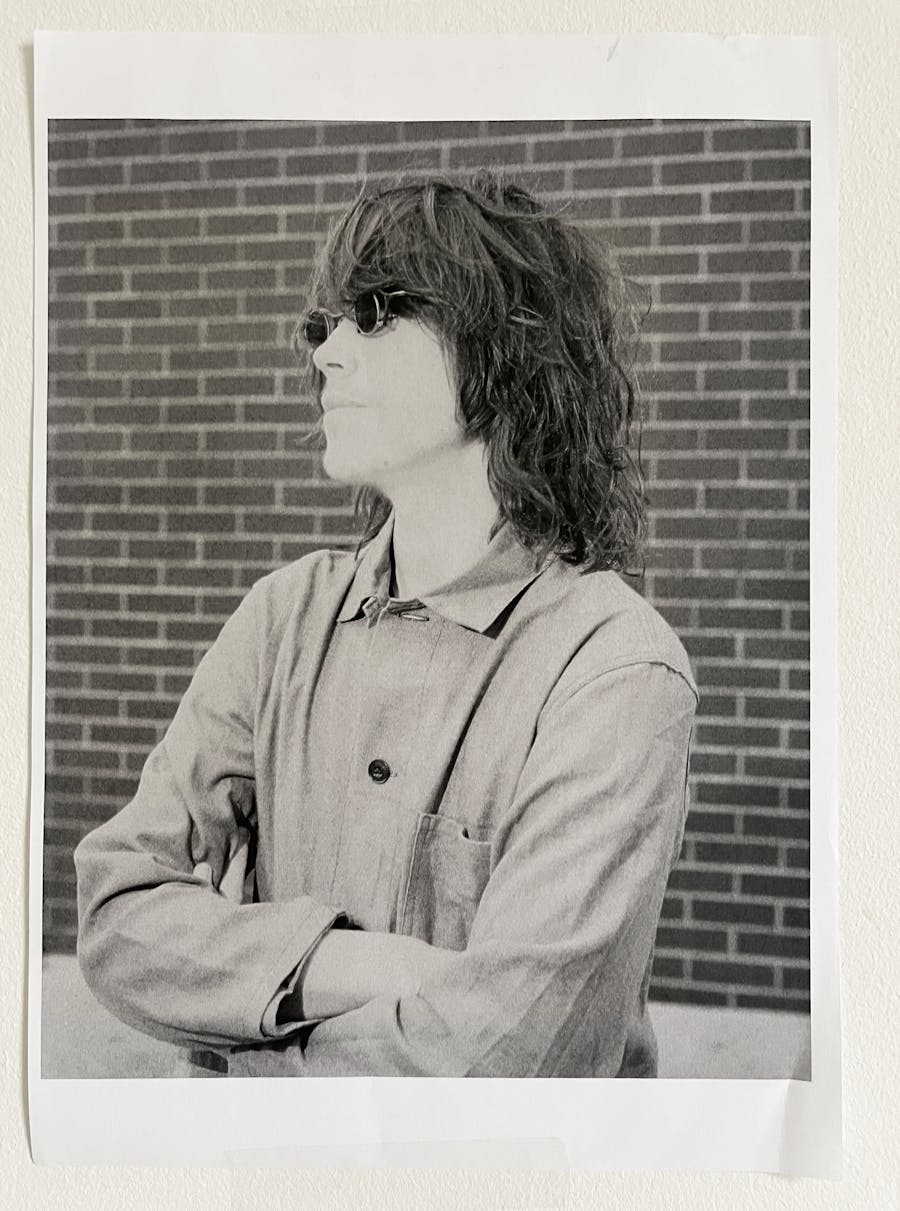When it comes to family, one expects a certain spirit. Not in the sense of intellectual vivacity, of spirited repartee and witty banter, but in the sense of solidarity. Without that kind of spirit, a family is like a body without a soul. Bringing it into being is no small matter; doubtless it is a question of metaphysics, but no less necessary for that. Without it, the family cannot be a living source of inspiration.
From spirits to spirit: the sacredness of the family
Originally, families were not content to be the dwelling place of a single spirit, but hosted a wide pantheon: the patrician families of Rome worshipped the dead and their ancestors, as well as the household god, Lar Familiaris, in their domestic rites (sacra familiara). The Lares, guarantors and protectors of the good fortune of a bloodline, as indicated by their emblem, the Horn of Plenty, are closely linked to the Penates, the gods of the storeroom, thus imbricating the family’s good health with its material wealth. These small divinities - capricious spirits, subtle auras - have fled from our disenchanted world. Has the family lost its spirits?This loss is only superficial. And the separation between gods and men led, in particular during the 19th century, to the elevation of the family to the rank of cardinal Republican virtue, at once the cradle of intimacy and the promise of a country’s ongoing existence. We remain the inheritors of this idea: but the sacredness of the family continues to be respected, less through rituals to be observed than through reinventions in multiple metamorphoses. Thus, blood, once the preeminent factor, soldering individuals together by filiation, is consolidated by the recognition of the basic cohesion of a group, guaranteed by a reciprocal engagement undertaken by each of its members. The spirit of solidarity is just another name for family.
The spirit of a place, the place of a spirit
To cultivate this sprit, a house(hold) is necessarily, in the primary sense of the term, less a particular space or building than a gathering of people. In this sense family and household are interchangeable terms, since according to the Latin etymology, familias describes a gathering of people and more precisely of slaves (it is true that family can involve subjugation) in a single place. Analogously, the meaning of the term house refers to people of the same lineage, the unity of a clan. The prestige and the courtly origin of the terms are today apparent in all parts of consumer society: from fine foods (Maison Plisson) to interior design (Maison Sarah Lavoine) to luxury goods (Maison Vuitton).
The house is recognised as the heart of the family, its hearth. The practice of interior design, which is far from being a recent phenomenon, bears witness to the fact. Intimately linked to the sedentarization of power, the increasing value placed on décor is partly explained by its decisive role in spectacular displays of authority. Power, notably in an absolute monarchy, is not only something to be deployed but also something to be displayed, through state rooms, the various salons of Versailles being the perfect example.These distinctions between private and public are somewhat effaced nowadays: as part and parcel of the opening up of space observed by the sociologist Monique Eleb, amongst others. What used to be hidden from view (kitchen, bathroom) is now on display for all to see. This hitherto unheard of visibility of the private gives effect to a powerful imperative, that of creating a new harmony in a room conceived of in its multi-functionality (living room, reception room, work space, kitchen). Added to this visibility are photogenic norms, because the appreciation of a beautiful space, tastefully decorated, paradoxically confers on it the status of a “nice image” – that is to say a meticulous surface, perfect and ready to be circulated. Interior design sites, like the Socialite Family or the magazine Milk, are establishing new aesthetics of the family, seen not as the enemy of beauty but rather its embodiment.
The spirit of connection
Kant had already discussed the embellishment of space as a sign of sociabilization in the Critique of Judgement. Ornamentation is not merely for personal pleasure but is first and foremost an offering to the other, an indication that man cannot be complete without the satisfaction of his herd instinct. It is here that family spirit dwells, in a place which promotes connection, the conscious experience of the everlasting. The nature of this connection is sui generis. We could maybe say that it is akin to friendship in the strong sense, a feeling of good will founded on an affective reciprocity. Family friendship transcends and surpasses simple companionship to the extent that it is twinned with a feeling of belonging. On the parental side, this is created by procreation, by the recognition that in one’s child one sees something similar, yet separate, to one’s self; on the side of the offspring, it is about recognising your parents as your creators. This feeling of attachment, as Aristotle remarked, is more complex and takes longer to cultivate, less evident because there is no memory of it. The spirit of family resides precisely in the reconciliation of these two poles. History, tradition, lasting links, attachment, these selfsame principles regulate another universe, closely linked to the codes of the family: that of luxury. Family spirit chimes with the authentic object, with provenance, a lasting piece that can be handed down. This value which accrues to objects is nothing other than the translation of the family connection par excellence - trust. When, for example, you shop at Hermes, you buy something of that trust, of a taste in well-made things, because they are linked to a prestigious past, of course, but above all, a past that is human, embodied. Far from an insignificant detail is the fact that the stars of that universe, be it the great Italian dynasties (Prada, Gucci, Armani) and in another constellation the now shuttered Colette, run by a mother/daughter duo, are family businesses. Does trust underpin one’s willingness to start a business ?
The spirit of time
This is a recurrent question at a moment in time when work is being rethought less as something that has to be undertaken than an activity that promotes the expression of the free creativity of the individual, or at least its development. Co- working spaces boast of a new family spirit, where union is less a synonym of uniformity than an encouragement of individual talents. The presence of family in the fashion world is perhaps today less a sign of conservatism or a need for tradition which serves to attenuate its intrinsically febrile nature, than the aspiration towards a different temporality, not distant, in one sense, from environmental concerns. Sustainability, in other words. Certainly for fashion it would be renouncing its very essence, its unquenchable thirst for novelty, to embrace the timelessness of the unfashionable. The project initiated by Marie-France Cohen (founder of the concept store Merci) and her daughter-in-law is part of this trend. Their shop Démodé aims to showcase the beautiful, but above all, a beautiful seen from different perspectives and different ages. Perhaps herein is the epitome of family spirit, resonating with one of our era’s most significant challenges, at a time when family is being re-configured: the challenge of breaking down the walls that separate generations, of rethinking their way of communicating, in all its immediacy.




